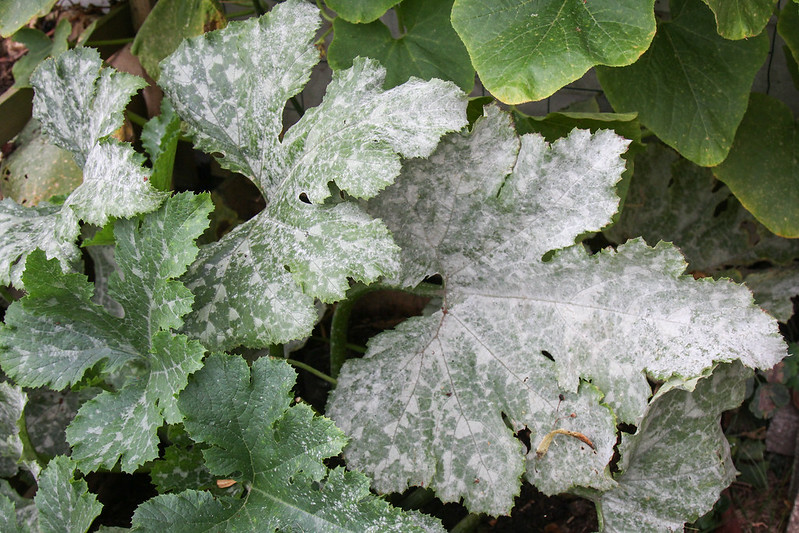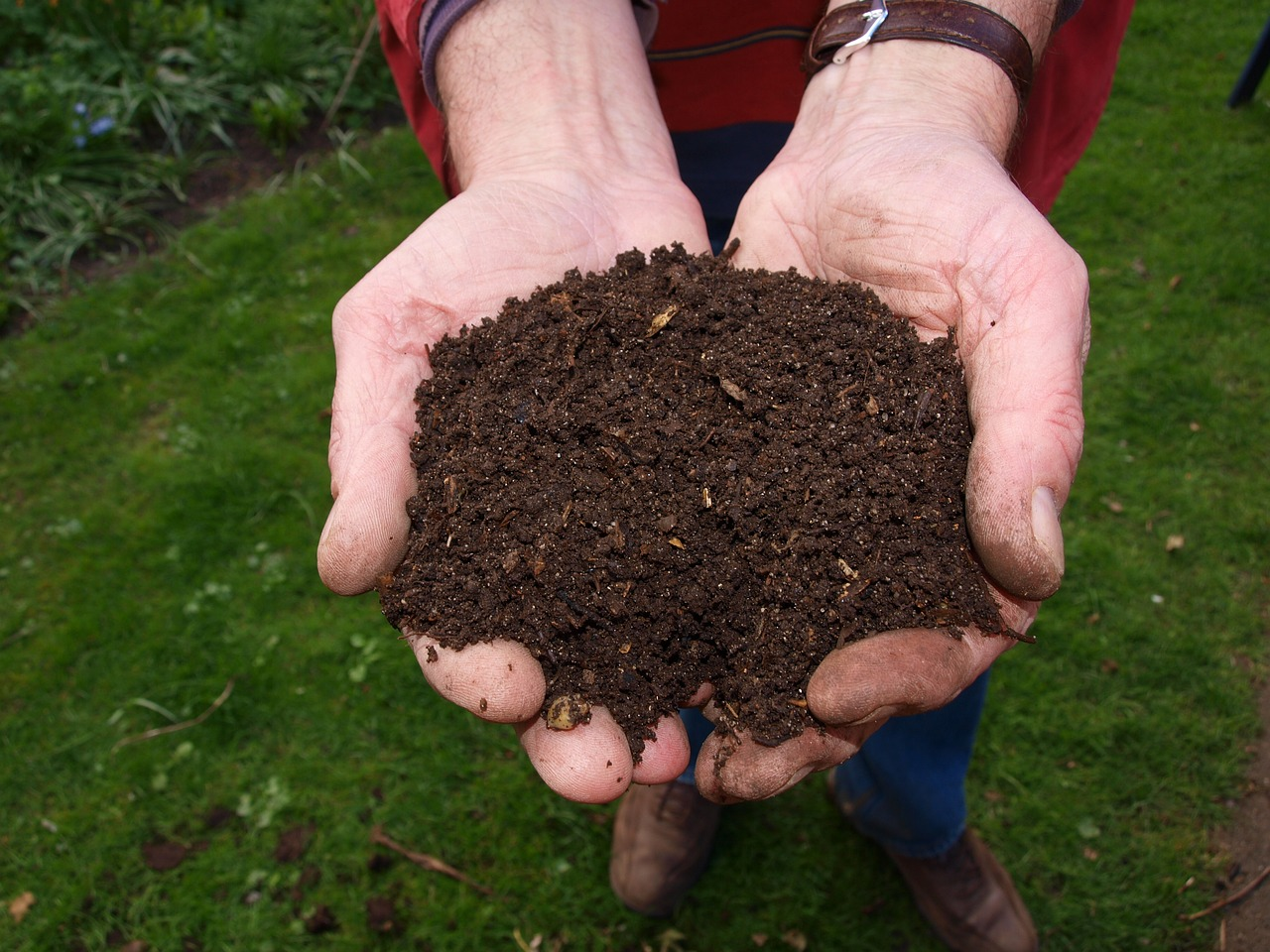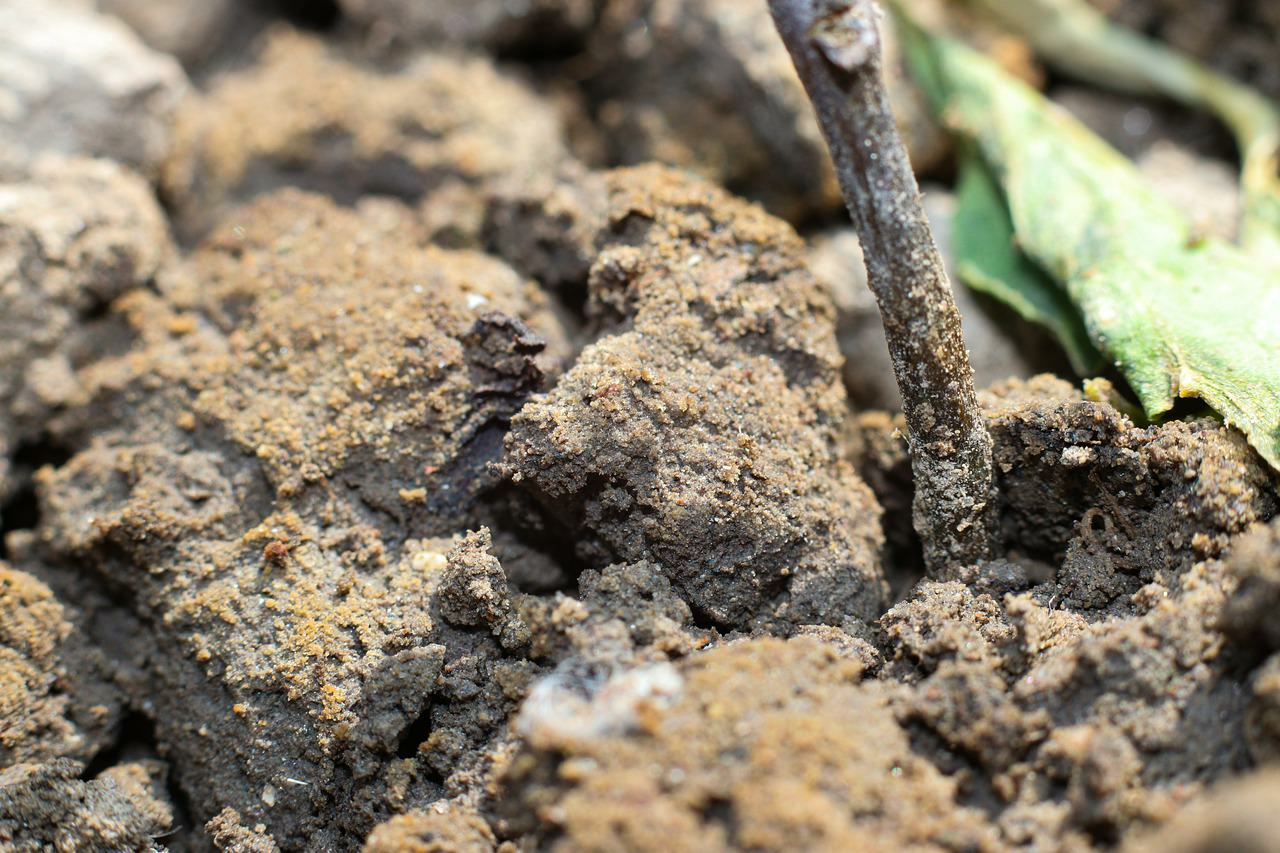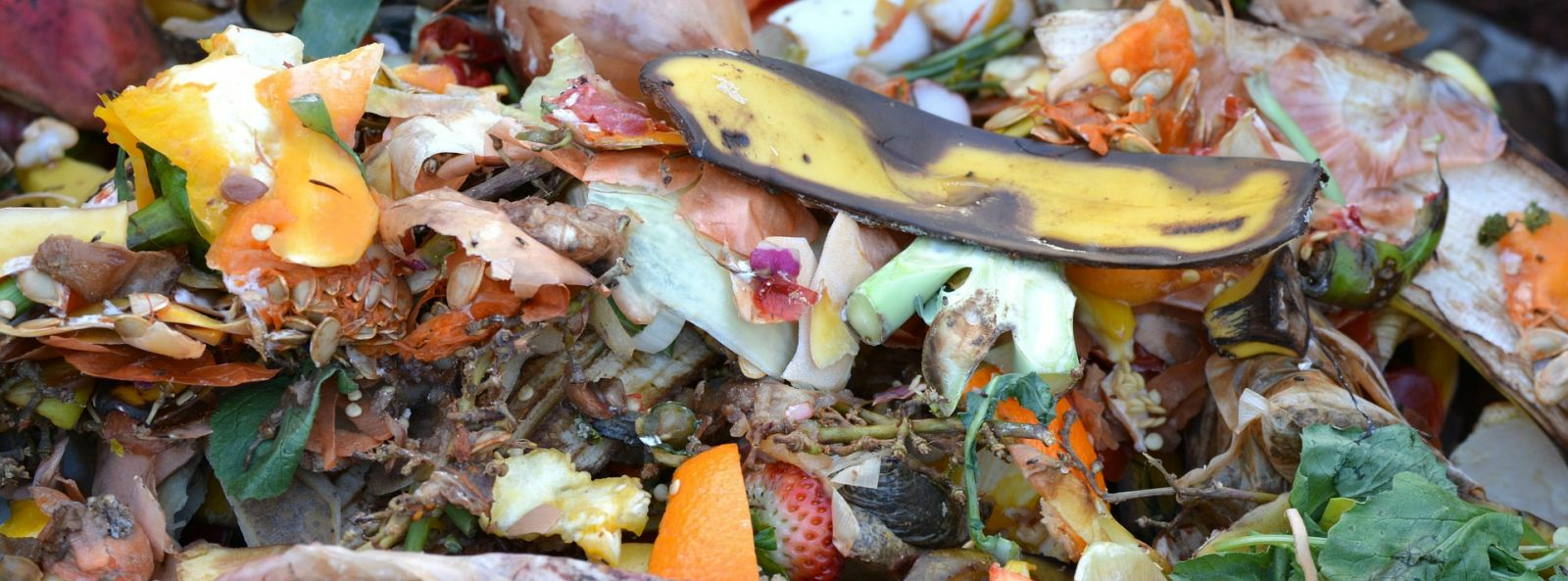Own organic fertilizer
What is compost tea?
You can obtain compost tea by making a cold water extract from compost or earthworm humus. Humus and compost contain numerous ingredients that accumulate in the water: in addition to nutrients, these include humic acids, effective microorganisms and enzymes. Compost tea therefore provides a wide range of plant-strengthening active ingredients and nutrients that promote soil and plant health.
Effect of compost tea in the garden

- naturally improves soil health: promotes biological activity and thus processes in the soil; thus improves water & nutrient retention capacity and makes plants more resilient
- strengthen plants: improved growth conditions and induces resistance, especially against soil-borne diseases and fungal diseases
- biological liquid fertilizer: contains dissolved nutrients and stimulates biological activity, which also releases nutrients available to plants again
Compost tea: Recipe according to Dr. Ingrid Hörner
- 1 L/2.1 pt compost or earthworm humus
- 10 L/21 pt rainwater
- large pot
- optional: 50 g/1.7 fl. oz. molasses, aerator pump, rock flour, cotton diaper
Use your own compost/humus from your garden

Numerous microorganisms from the humus are enriched in compost tea. To enrich your garden soil with the most suitable microbes, you should use your own compost or earthworm humus from your garden.
Instructions
- mix compost and water and stir well
- optionally add molasses and rock flour
- leave to infuse for 2 to 3 hours; stir occasionally - alternatively leave to infuse in a tea bag (12 - 18 hours)
- instead of stirring by hand, you can connect an aerator pump while the tea is infusing
- leave the mixture to infuse in a warm place out of direct sunlight
- if using as a spray, sieve through cotton napkin before use
Durability
Unfortunately, compost tea cannot be stored for long and must therefore always be brewed fresh. You can store the tea for a few days, but you should always stir it a little to add oxygen to the water. The bacteria need oxygen to survive and as soon as this is used up, the tea starts to rot and spoil. You will notice this by an unpleasant, pungent smell. You should then dispose of the compost tea.
Use in the garden

- as a fertilizer: undiluted or diluted with rainwater at a ratio of 1:5; apply to the soil every 1 - 2 weeks; winter fertilization every 4 weeks
- as a plant strengthener: diluted with rainwater at a ratio of 1:10; apply every 1 - 2 weeks as a foliar fertilizer
- as a soil conditioner: undiluted or diluted with rainwater at a ratio of 1:5; every 2 to 3 weeks - as a starter for compost: undiluted or diluted with rainwater at a ratio of 1:1

